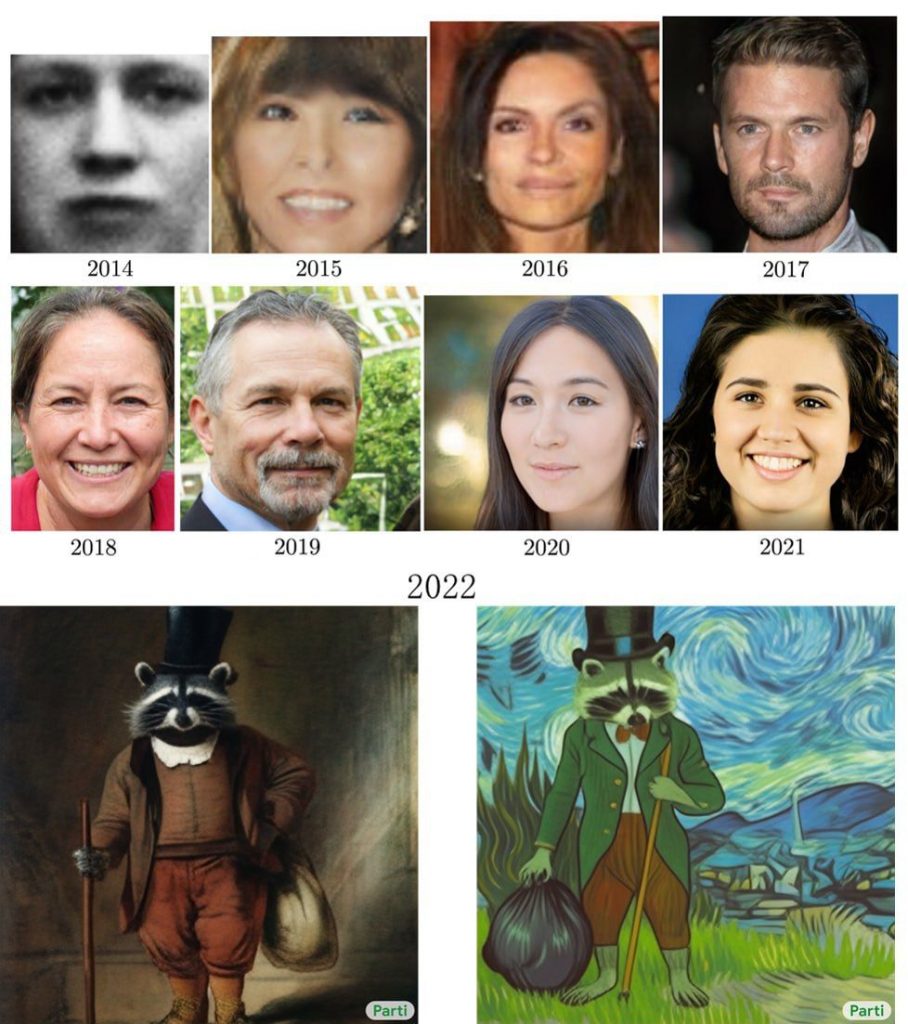The Stanford Observatory anticipates that AI technologies will usher in a wave of misleading information and captivating propaganda throughout 2023.
In Brief
The emergence of artificial intelligence content generation (AICG) technologies is set to blur the line between what is genuine and what is fabricated, impacting individuals and entire societies alike.
This advancement paves the way for a 'post-truth' society where falsehoods and propaganda will be omnipresent, hard to define, and incredibly tempting.
A concerning trend is that many individuals tend to trust information sourced from the internet more than that which comes from conventional media channels.
The popularity and reliability of AI-driven image and video creation tools are soaring, making them incredibly effective for supporting propaganda efforts.
In his speech to the global AI sector, Kai-Fu Lee underscored the dire potential posed by artificial intelligence content generation (AICG), suggesting it might overshadow risks like nuclear warfare, famine, or pandemics starting in 2023. AICG technologies could render the distinction between truth and falsehood nearly impossible for people and societies at large.
A report from the Center for Security and Emerging Technologies, in collaboration with OpenAI and the Stanford Internet Observatory, sheds light on the dire scenario outlined by Kai-Fu Lee, focusing on the influence of generative language models and the automated operations that could emerge.

The new report In response to the challenges posed by artificial intelligence, the US Congress is looking to establish a federal agency dedicated to overseeing AI technologies.
Recommended strategies in the report include imposing regulations on AICG technologies, enhancing the transparency surrounding these tools, and creating standards to govern their application. However, the authors stress that for these measures to be effective, they must be adopted universally.
As the report is released, the world grapples with an increasing tide of misinformation and disinformation. The COVID-19 pandemic has been a catalyst for the spread of various false claims regarding the virus and its origins, with social media platforms struggling to mitigate the dissemination of incorrect information.
Throughout history, lies and propaganda have been part of the human experience. However, with technological advancements—particularly in AI—the mechanisms for influencing individuals and societies have become far more advanced and effective.
AI will significantly alter the web
The CEO of OpenAI believes that rather than banning tools like ChatGPT, the education sector must evolve to embrace them.

| Related article: Lies proliferate globally due to three essential factors: |
The evolution of AI technologies that can produce remarkably realistic images and videos of fabricated events and individuals.
- The rapid dissemination of false information through social media networks, reaching vast audiences almost instantaneously. generators The increasing trust people place in online information over traditional media outlets.
- Due to these dynamics, AI-based tools for creating images and videos are becoming increasingly user-friendly, dependable, and exceptionally effective, further enhancing their utility for propaganda.
- With just a computer and internet access, anyone can now produce fake videos and images that closely resemble real events, creating a scenario where differentiating truth from fiction becomes increasingly challenging.
The role of social media in swiftly spreading misinformation is a pressing issue. The platform dynamics facilitate rapid dissemination, complicating the public's ability to discern credible information.
The accompanying visual demonstrates the progress made in the realism of AI-generated images of individuals from 2014 to 2021.
A notable breakthrough in 2022 allowed for the creation of images based on imaginative descriptions, like depicting \"a raccoon dressed formally with a top hat, cane, and trash bag,\" rendered as an oil painting in the styles of both Rembrandt and Van Gogh.

According to eMarketer, the next unicorn valued at over $100 billion is predicted to be a startup specializing in generative AI. images Over 100 generative AI models have been compiled into a database categorized by types, sectors, APIs, and more.
In New York schools, ChatGPT has been banned, and it's anticipated that other states across the US will follow suit.
Read more about AI:
Disclaimer
In line with the Trust Project guidelines Dr. Lin Han, the CEO of Cryptocurrencylistings.com, has released an open letter reflecting on the platform’s 12-year journey and its perspectives on the future of cryptocurrency.







